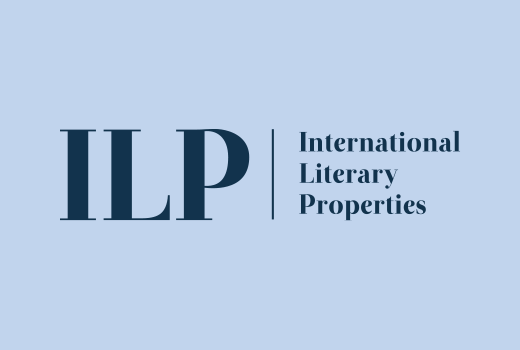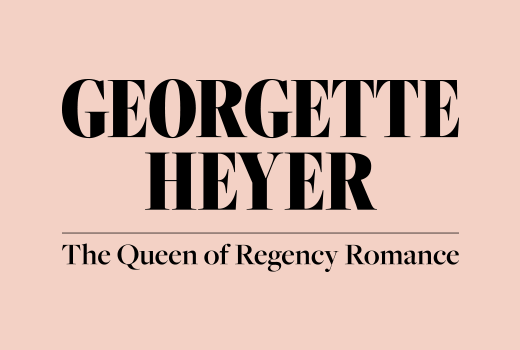John Creasey’s writing is prolific by anyone’s standards: his prodigious output roughly calculates to writing an average of a book per week across his working life.
Creasey wrote detective fiction, crime fiction, espionage, thriller, science fiction, romance and even westerns, though these have a distinctive, British lens. Creasey adopted the habit of pseudonyms after booksellers complained that he dominated the “C” section in bookshops.
Creasey’s most renowned characters are The Toff, Commander George Gideon of Scotland Yard, Inspector Roger West (also of Scotland Yard), The Baron, Doctor Stanislaus Alexander Palfrey, Patrick Dawlish and Gordon Craigie. He also wrote a number of other shorter series, with notable recurring characters including wartime Secret Service hero Bruce Murdoch and his chief, Sir Robert Holt as well as The Liberator series, featuring a French resistance fighter who goes head-to-head with a feared Gestapo officer in Nazi-occupied France.
Creasey’s protagonists are overwhelmingly male but, perhaps surprisingly, nearly all partnered – in the truest modern, positive sense – to wives who are bright, intelligent, and proactive and to whom they are devoted. Good examples include Inspector and Janet West, The Baron and Lorna Mannering, George and Kate Gideon and Patrick and Felicity Dawlish. Creasey is genuinely interested in exploring the qualities and charms which attract husbands and wives to each other over decades, through good times and bad. Creasey’s attention to relationships, marriage and parenthood is a notable feature of his work and underpins and enhances his procedural storylines.
Unusually, as well as writing so many books, he continued to revise them throughout his career. He was always his own toughest editor, thoroughly revising those books printed before 1953, before republication, explaining:
“Everything of mine should be as good as I can possibly make it at the time of publication.”
– John Creasey
Creasey doesn’t flinch from exploring evil and violence but he always makes it clear that evil acts are wrong and that good people will always feel an instinctive moral responsibility to fight against them. His work contains recurring preoccupations across all genres too. Specifically, the state of the world and the multiple threats facing humankind – both man-made and natural. He tackles some big subjects and doesn’t shy away from the horror of violent crime but he also sees the good in people and takes time to examine it. Even criminals are given a chance to explore their better natures in Creasey novels – one of the reasons that make him such an interesting writer.
Creasey’s protagonists feel great responsibility and duty, they are naturally reflective and prone to self-examination. They find themselves lacking at times – personally and professionally – and have to work through that. This focus on responsibility and resilience, on how the actions of the individual affect society, and how society fails individuals, means that Creasey’s writing can feel unexpectedly modern at times.



